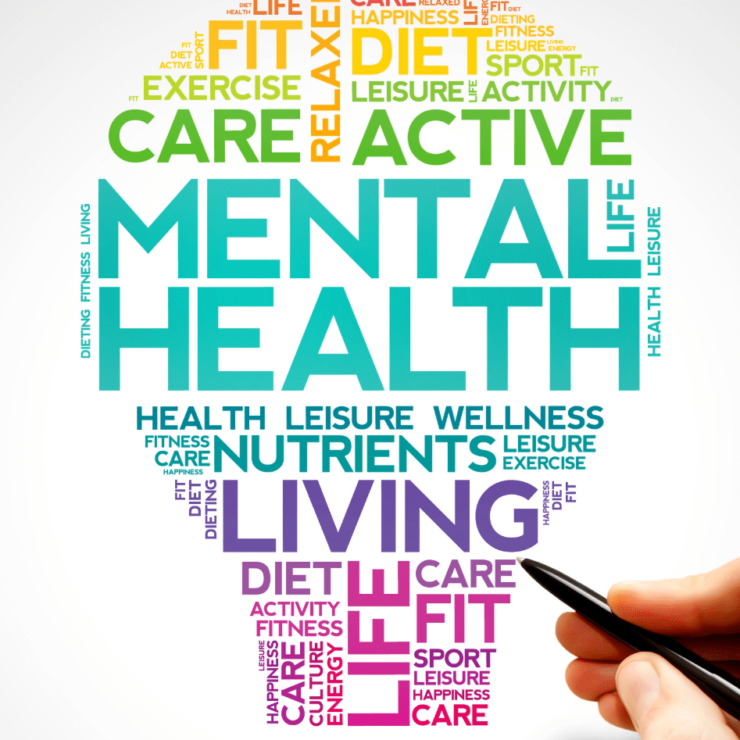Harnessing Behavioural Science for Lasting Recovery
Most recovery plans focus on stopping use, but staying sober demands more than willpower. Behavioural science reveals the hidden patterns that keep you stuck or help you rise. In this post, you’ll see how the Empowerment Pathway uses these insights to build emotional regulation and self-mastery, guiding your recovery journey toward lasting change and real purpose. Learn more about the role of behavioural science in sustaining long-term recovery here.
Understanding Behavioural Science

Behavioural science provides the tools to understand why you make certain choices. It’s more than just theory; it’s about real change. Let’s explore what this means for your recovery journey.
What is Behavioural Science?
At its core, behavioural science studies how people think and act. It looks at what drives you to make decisions, both big and small. This field combines insights from psychology, sociology, and anthropology to offer a fuller picture of human behaviour.
Think of it as a map of your mind. Just as you might map a city to navigate its streets, behavioural science maps your mental pathways. This is crucial for anyone on the path to recovery because understanding these paths can help you make better choices. For example, knowing that stress often leads you to unhealthy habits can help you plan healthier responses.
Influence on Addiction Recovery
Behavioural science plays a vital role in addiction recovery. It helps identify triggers—the situations or feelings that prompt cravings. Recognising these can empower you to change your response. Studies show that people who understand their behaviour patterns are more likely to achieve long-term recovery.
One study published in Nature found that behavioural interventions significantly improve recovery outcomes. This means that by applying these insights, you’re not just quitting a substance; you’re changing your life. You’re rebuilding from the inside out, gaining control over impulses and reactions. This makes your recovery sustainable and fulfilling.
Steps to Long-Term Recovery

With a foundation in behavioural science, let’s dive into practical steps for long-term recovery. Emotional regulation and self-mastery are key components to sustaining your progress.
Emotional Regulation Techniques
Emotions can feel overwhelming, but they don’t have to control you. Emotional regulation is about managing these feelings in a healthy way. Here are a few techniques that might help:
Mindful Breathing: Spend a minute focusing on your breath. This simple act can calm the mind when emotions run high.
Journaling: Write down your feelings. This offers a safe space to explore what’s going on inside without judgment.
Physical Activity: A short walk or some light stretching can shift your mood. Movement releases endorphins, natural mood lifters.
By practising these techniques, you can create a buffer between your emotions and reactions. This buffer allows you to respond thoughtfully rather than impulsively, a skill crucial for maintaining sobriety.
Building Self-Mastery
Achieving self-mastery means taking charge of your actions and choices. It’s about more than resisting old habits; it’s about replacing them with new, positive behaviours. Start small:
Set Achievable Goals: Break larger tasks into smaller, manageable steps. This turns daunting goals into actionable plans.
Celebrate Small Wins: Recognise and reward yourself for small successes. This builds motivation and reinforces positive change.
Stay Accountable: Share your goals with someone you trust. Regular check-ins can keep you on track and motivated.
These steps are like building blocks. Each small success strengthens your ability to manage challenges, leading to a more resilient self. The path to self-mastery is ongoing, but every step forward is progress.
The Empowerment Pathway

Now that you have some tools for emotional regulation and self-mastery, let’s explore how the Empowerment Pathway supports your recovery.
Structured Support for Recovery
The Empowerment Pathway offers a structured approach divided into four phases: Repair, Renew, Rebuild, Reveal. This system is designed to guide you from the chaos of addiction to a life of purpose and clarity. Each phase builds on the last, ensuring a thorough transformation.
Repair: This phase focuses on mending what addiction has broken — relationships, health, and trust.
Renew: Here, you begin to rediscover yourself, exploring new interests and passions.
Rebuild: This phase is about solidifying new habits and constructing a life that reflects your values.
Reveal: Finally, you emerge with a renewed sense of purpose, ready to share your journey to inspire others.
Each phase is supported by practical tools and resources, like this study on the benefits of structured interventions. This structured approach ensures you’re not just staying sober but thriving in your renewed life.
Rebuilding Life with Purpose
Living a purposeful life post-addiction is not just a dream; it’s a goal you can achieve. Purpose acts as a compass, guiding your decisions and giving meaning to your journey. Here’s how to cultivate it:
Explore New Interests: Try activities that challenge and excite you. They can open doors to passions you never knew you had.
Connect with Community: Engaging with others who share your goals can provide support and motivation. Consider joining groups or volunteering.
Reflect on Growth: Regularly take time to look back and see how far you’ve come. This reflection reinforces your purpose and direction.
Rebuilding isn’t about returning to your old life; it’s about creating a new one that aligns with your true self. The longer you wait to start this journey, the longer fulfillment eludes you. But by taking action now, you’re investing in a future filled with potential and promise.
🌟
By weaving behavioural science into your recovery plan, you lay the groundwork for a life not only free from addiction but rich in purpose and achievement. Remember, every step you take is a step toward a brighter, more empowered future.


